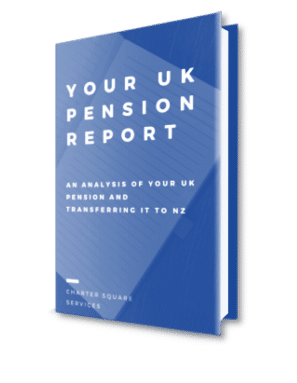For decades people in the UK have been told that final salary (or defined benefits) pensions are ‘gold plated’ and the perception has been established that defined benefit pensions should never be transferred. This has always been the opinion of the Financial Conduct Authority of the UK and of course the schemes managing these pensions, with an advance payout of 20 to 30 years of a members pension reducing the schemes overall pension pot with each and every transfer out.
In recent times though these ‘gold plated’ schemes have come under the microscope as they simply do not have enough money to meet the payments that they are required to make. In fact the shortfall is estimated by various authorities to run somewhere between £400bn and £800bn. However, many of the schemes, despite being in a shortfall are still offering full transfer out valuations.
It was interesting to note that former UK Pensions Minister, Steve Webb waded into the debate and suggested that more people should be transferring out as “transfer values were currently at eye-watering levels”. This is in response to the Work and Pension Select Committee looking at the possibility of allowing UK companies in crisis to reduce the benefits their schemes pay members in order to prevent them falling into the Pension Protection Fund (PPF). To show just how eye-watering some of the valuations have become we compare the transfer valuations of schemes with the level of yearly pension that they are promising in the table below.
| Industry | UK Annual Pension | Transfer Value | |
|---|---|---|---|
| Financial Services | £12,627.00 | £403,663.00 | 32 times the annual pension |
| Oil and Gas | £2,487.00 | £73,725.00 | 30 times the annual pension |
| Fast moving consumer goods | £1,877.00 | £47,514.00 | 25 times the annual pension |
Post Brexit bond yields, crucial for determining transfer values for defined benefit and final salary schemes, have dropped. Whilst small, this bond yield drop has in percentage terms led to large increases in transfer values (in many cases up to 20-30% increases from pre-Brexit rates). Many people are now looking at the larger pot of money on offer and thinking that’s attractive (especially if they don’t have to convert into New Zealand dollar funds on transfer). However, that still needs to be weighed up against the benefits that are being foregone with a defined benefit or final salary transfer and only comprehensive expert analysis can show that.
So, Brexit has not been all bad news.



